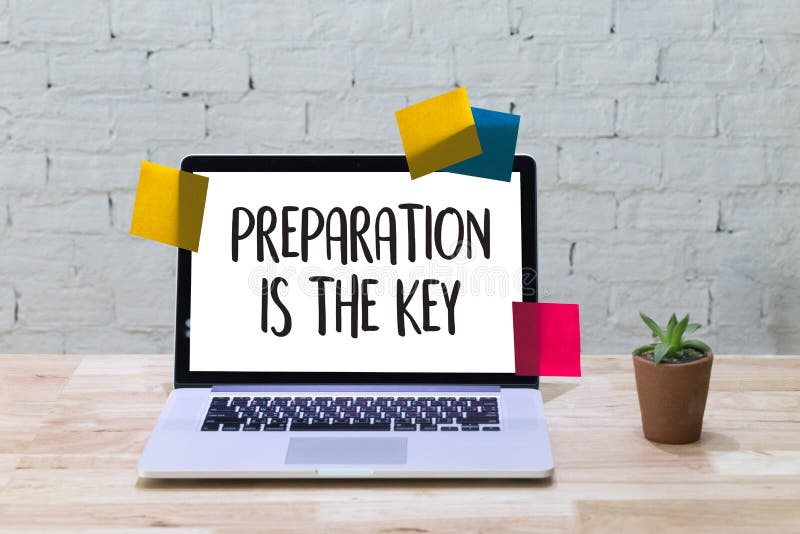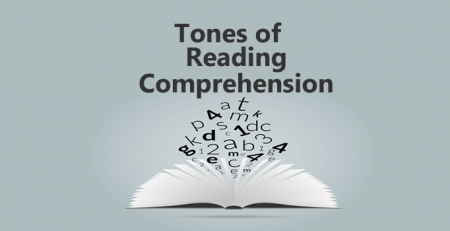The Best GRE Math Tips to Get Your Dream Score
The Best GRE Math Tips to Get Your Dream Score
Scoring high on the GRE is an important part of getting into the graduate program of your choice. In fact, many business schools require the GRE test as part of their admission process for an MBA degree. The Quantitative Reasoning section is perhaps the one section that causes the most anxiety for students. But you don’t need to be a rocket scientist to do well on the GRE Math section! In this post, we outline a number of GRE math tips and resources that will help you in your GRE preparation.
GRE Math Tips for Beginners
If you believe you are “bad” or rusty at math, then these two tips will help you get closer to your goal score.
Practice, Practice, Practice
The single best way to improve your GRE scores is to practice, practice, practice! Overcome gaps in your knowledge by trying out many different kinds of problems and work on full practice tests. Make use of the best test-prep websites where you can solve problems and study the solutions carefully. That way, you can better understand what your strengths and weaknesses are.
Managing Math Anxiety
Sometimes just the thought of taking a major test may be overwhelming—especially if math has never been your strong suit and/or if it’s been years since you’ve done math. Timed tests with high-stakes outcomes like the GRE Math section can cause your mind to race, and it’s hard to focus when you’re so worried about it! So here are a few tips to help alleviate your math anxiety.
First, adopt a growth mindset. A growth mindset is the idea that you can always increase your knowledge and skills by practicing and reviewing. Many students get stuck in a fixed mindset, in which they fool themselves into believing that they are “terrible at math” and cannot improve beyond a certain threshold, or that they are just naturally not math people.
With enough practice, you can solve questions that you couldn’t solve before!
How to put a growth mindset into practice
Start by developing a routine. Set an hour each day that will be your “math hour.” You don’t need to spend the whole time working out problems or delving deep into the content, but instead just use the time to clear your mind of other things.
Then, when you study, find ways to make the math more relevant to you. Don’t like geometry? Well, what if you can imagine all those lines, circles, and triangles as part of a fantastic landscaping project? The more that you can enjoy your math studies, the easier the problems will become, which in turn reduces your math anxiety come test day!

GRE Math Tips for Advanced Students
If you’re aiming for a top score, then this section is for you!
High Achievers Avoid “Silly Mistakes”
What separates the high scorers from the average scorers? It’s not just mathematical ability and content knowledge. The high achievers also know a few tricks of the trade. Here are some tips to get you closer to that perfect score.
Check your work! When you finish a problem, don’t just select the answer and move on. Try to make sure your answer makes sense in the problem. If there is a way to plug your answer back into the problem to verify it, do that. If the answer can be found a different way, try it to double-check if you have enough time.
When you go too quickly, you might find yourself making silly mistakes.
Quick GRE Math Tips for All Test-Takers
The GRE is unique in that it is given entirely online. You are not allowed to use your own calculator. Instead, there will be a calculator provided on the computer.
One big piece of advice: Don’t immediately jump to the calculator for every problem! For one thing, the ETS Calculator (provided on the GRE) is a bit cumbersome to use if you’re used to working with a physical calculator. Pointing and clicking on the calculator is time-consuming. Make good use of your scratch paper instead.
Secondly, it will be a much better use of your time to think about the concepts within the problems rather than the computations involved. Often, problems are set up in a way to make the calculations easy, but if you approach them wrong you might waste time doing unnecessary button-pushing. Generally, you should avoid calculator use unless working out big multiplications, divisions, etc.
GRE Math Tips for Time Management
Pacing Yourself
Pacing is key on the GRE Math section. According to ETS, each quantitative reasoning section contains 20 questions to be done in 35 minutes. So, that works out to a bit more than a minute and a half per question. If you find yourself taking more than 2 minutes on a given problem, consider moving on. The online test has a way for you to mark questions for later review.
The QR sections are also adaptive. The difficulty of the second set of questions depends on how you did on the first set. So be very careful with the first set of questions! And don’t be discouraged if you start seeing really hard problems on the second set, because that means you’ve already done pretty well on the first set!
GRE Tips : Time Management Tips for the GRE Examination

GRE Math Tips for Each Question Type
Multiple Choice
One great thing about single-answer multiple-choice problems is that the correct answer is sitting right there in the list of answer choices!
It’s also important to realize that some multiple-choice problems have multiple answers! In other words, you will be asked to mark all choices that are correct. These problems can be especially tricky and require a lot of thought.
Quantitative comparison
Quantitative Comparison questions are probably the most unique question types that you will encounter on the Math GRE. Instead of solving for a specific value, you are asked to reason about the relationships of mathematical expressions, using concepts and properties of numbers. Sometimes, the correct answer may even be “relationship cannot be determined!”
These problems tend to be more about concepts than computations. If there are variables, plug in a lot of different values while sticking to the restrictions of the problem. Try to think of as many cases as possible before choosing an answer.
Numerical entry
Approximately 10% of the problems in the GRE Math section will be numerical entry. These are similar to the grid-in problems on the SAT. Rather than choosing from a list of answer choices, you’ll have to provide the answer yourself. Be careful not to make silly mistakes and always check your work!
Ace your GRE prep with the best: @GREKing
GRE Math Tips by Concept Areas
Now that you know what the format of questions will be, let’s talk about the content of the GRE Math Section.
The four main content areas are Arithmetic, Algebra, Geometry, and Data Analysis. Let’s look at each of them in more detail.
Arithmetic:
The arithmetic section would involve questions on properties and types of integers, arithmetic operations, exponents, and roots. Concepts on estimation, percent ratio, rate, absolute value, number line, decimal representation, and sequence of numbers would be your hosts in the GRE exam.

Algebra:
Algebra topics would include operations with exponents, factoring and simplifying algebraic expressions, relations, functions, equations, and inequalities. You would be expected to solve problems on linear and quadratic equations and inequalities. Also, there would be problems with simultaneous equations and inequalities.
Geometry:
Geometry for conceptual thinkers would include challenges from parallel and perpendicular lines, circles, triangles, quadrilaterals, and other polygons. Congruent and similar figures, three-dimensional figures, area, perimeter, and volume would be in the list. And lastly, problems from the Pythagorean theorem and angle measurement in degrees.
Data Analysis:
Data analysis ranges from basic descriptive statistics such as mean, median, mode, range, standard deviation, interquartile range quartiles, and percentiles. This section would also ask you to approach problems from interpretations of data in tables and graphs, elementary probability, permutations, and Venn diagrams.
Conclusion
Through a combination of a positive mindset, lots of practice, and access to the best of the best prep materials, you can get the GRE math score you need to pursue your goals!
All the Best for your Preparation!


















Leave a Reply
You must be logged in to post a comment.